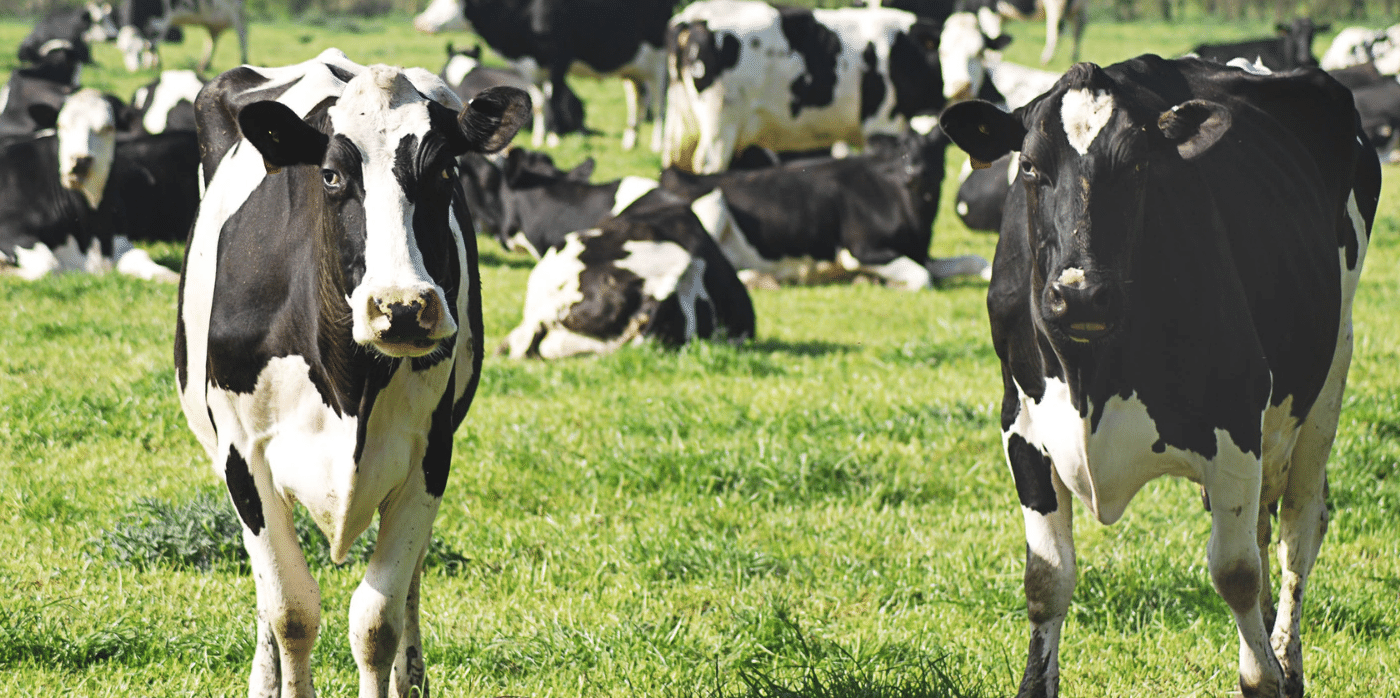Spotted: When it comes to limiting global warming, it is not enough to tackle carbon dioxide alone – there are a number of other greenhouse gases that will also need to be significantly reduced. Top of the list is methane, which is around 80 times more potent at warming than CO2. In fact, according to the UN Environmental Programme (UNEP), Methane has accounted for roughly 30 per cent of global warming since pre-industrial times. And the biggest source of methane emissions is agriculture, specifically, livestock emissions.
One approach to reducing the methane emissions of farm animals is to use specially-formulated animal feed that reduces the amount of methane generated in the guts of ruminants. Dutch biosciences company Royal DSM has developed a feed additive, called Bovaer, which can reduce enteric methane emissions of dairy and beef cows by around 30 per cent. Recently, US-based animal health company Elanco has partnered with Royal DSM to bring Bovaer to US farms.
Bovaer would first need to gain authorisation for its use, but it has already been approved by regulatory bodies in Europe, Brazil, Chile, and Australia. Bringing the product to the US is important, as the US accounts for around 20 per cent of the world’s beef production. Research published by DSM and Elanco indicates that feeding Bovaer to all of the 9 million dairy cows and 14 million beef cattle in the US could result in a reduction of methane equivalent to planting around 1 billion trees or removing 69 million cars from the road.
In the press release, Geraldine Matchett and Dimitri de Vreeze, Co-CEOs of Royal DSM, commented that, “This agreement marks an important milestone for DSM, Elanco, and the climate change mitigation efforts of the U.S. This alliance will help us realize Bovaer’s potential as a powerful solution with a significantly positive impact on the planet. In addition, and fully aligned with our purpose-led performance-driven strategy, the alliance enables us as DSM to monetize our long-term innovation faster.”
Reducing methane emissions from agriculture in the long term is going to be vital to keeping global warming below 2°C. Luckily, there are a number of innovations in the pipeline that could help with this. These include producing animal-free dairy products, and a huge array of cultured meat and fish products.
Written By: Lisa Magloff
18th May 2022
Website: elanco.com
Contact: elanco.com/contact

